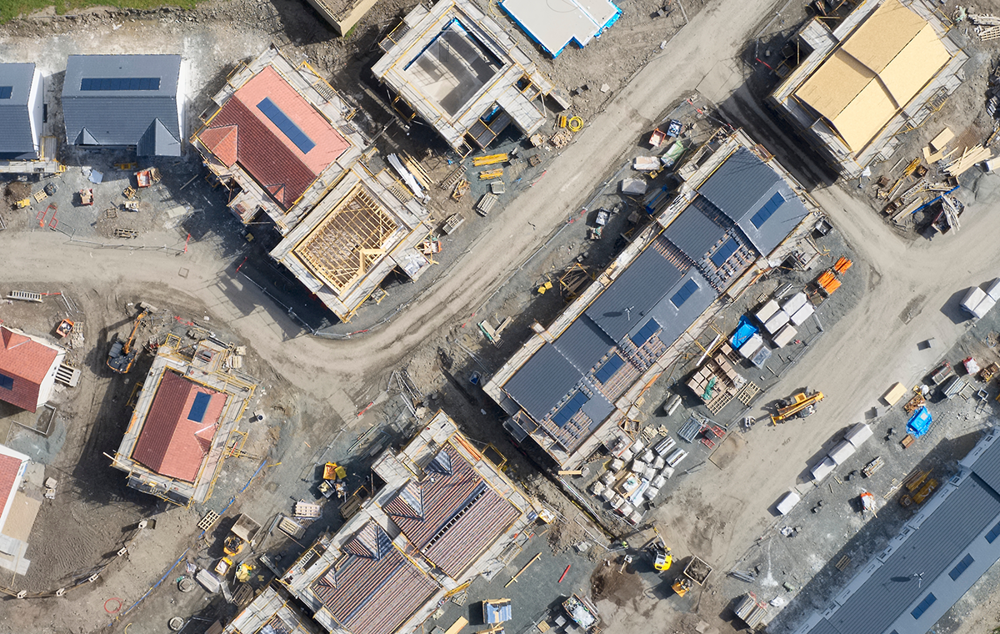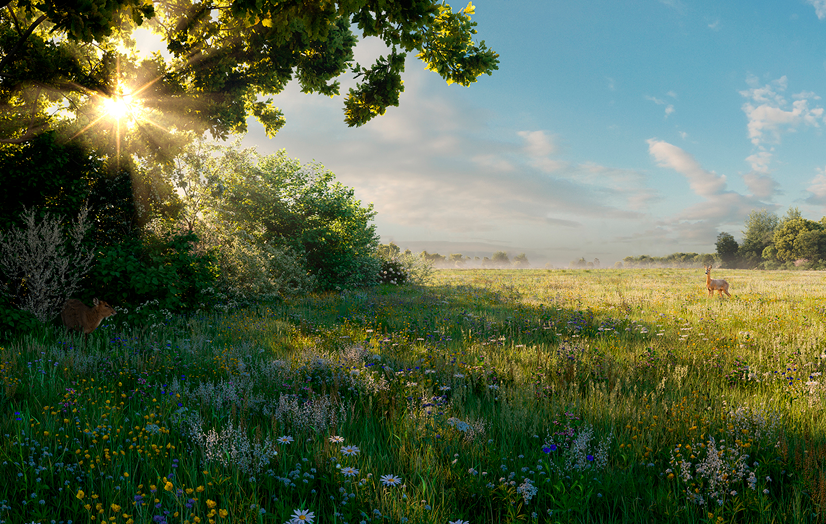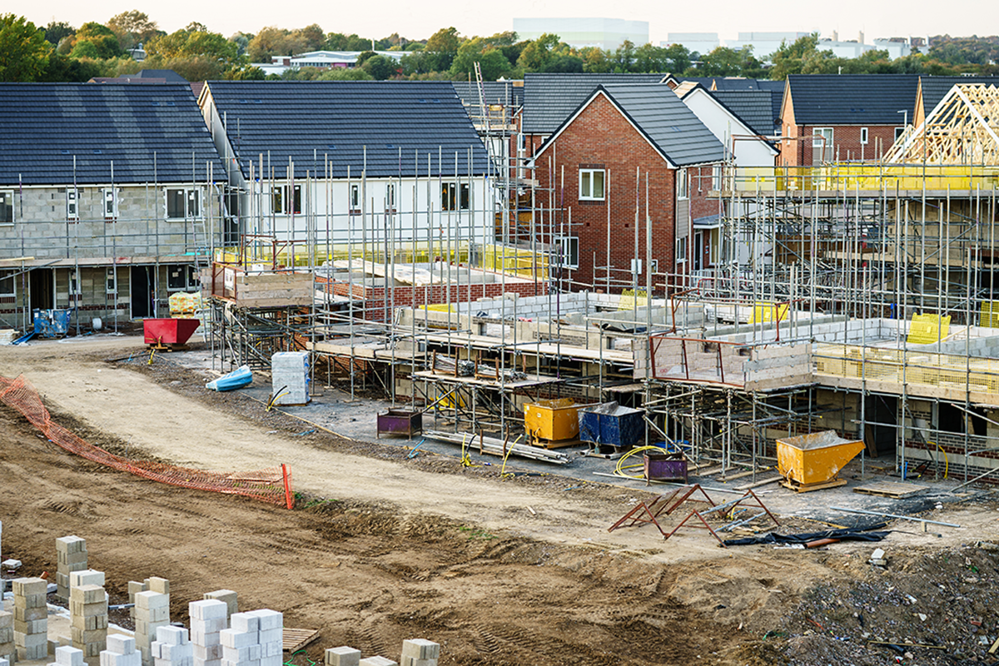Biodiversity Net Gain (BNG) transition period is ending November 2023 - what are the options and are you ready?
BNG, as mandated under The Environment Act 2021, affects housing and nationally significant infrastructure projects in England. With the transition period ending in November 2023, developers need robust delivery solutions right now.

Biodiversity Net Gain (BNG), designed to reverse the decline of biodiversity and put back more than is being lost through development, is now legally mandated as part of the Environment Act. The clock is ticking on a two-year transitionary period, due to end in November 2023, after which this new regulatory requirement will become mandatory in every Local Planning Authority (LPA) in England, with many LPAs already adopting localised policies now.
Under the BNG ruling, when applying for planning permission, every developer must set out and describe the environmental impact of the development, using a specific Defra metric, and quantify that lost habitat in biodiversity units. They must evidence what natural biodiversity will be lost and, secondly, how they will replace that lost biodiversity plus the creation of (at least) 10 per cent more in biodiverse habitat either onsite at the development or offsite close by. They must also demonstrate how they plan to manage, monitor and report to regulators the habitat condition for a minimum 30-year term.
Onsite versus offsite
The primary incentive is onsite delivery, however, with The Land Trust recently reporting that 89% of developers believe the availability of land for onsite mitigation to be the biggest challenge, it’s likely that a large proportion of BNG will be delivered offsite.
Onsite involves setting aside developmental land to deliver the habitat creation. On the face of it, this is the most straight forward solution, but under the legislation the developer then becomes responsible for baseline surveys, habitat creation works and 30-years’ worth of ongoing management and monitoring of the biodiverse habitat created. Not only that, but they will also remain legally responsible for covering the risk of onsite BNG schemes failing for the duration of the full 30-year term, which can be challenging in residential areas.
Offsite enables the purchase of BNG Units that have already been generated from a habitat creation scheme. We are creating large scale habitat banks in every LPA across England over the coming 24 months. Habitat Banks - typically 20-to-100-hectare sites - are large-scale biodiversity restoration areas, managed for 30 years to create new habitats, usually a mosaic of woodlands, wetlands and species-rich grasslands. These Habitats Banks already exist in many LPAs and developers are finding that they are able to simply purchase or reserve the required number of BNG Units in order to meet their legal requirements.

Not only is our option cost effective as it utilises less commercially valuable land for the purposes of habitat creation, it is us who become legally responsible under planning legislation for the 30 year obligation to ensure delivery, monitoring and reporting on the habitat creation, not the developer. Better still, the habitats created are located in areas of ecological importance connecting a vast network of pre-existing habitats. They help to tackle climate change through carbon storage, flood management and improved air quality, water and healthy soil, all whilst creating beautiful natural green spaces within local communities.
When should developers and house builders start planning their BNG strategy?
Plan now for November 2023. It is from here that there will be an automatic pre-commencement condition imposed on every single planning permission including units of just one dwelling, section 73 applications, and 73A retrospective applications. The pre-commencement condition will set out that a biodiversity gain plan must be submitted and approved by a local planning authority before any development begins.
Simply put, the earlier you engage in your BNG strategy, the better. Without it you are putting the financial viability and delivery of your development project at risk.

How can developers and house builder be helped by the Environment Bank?
With BNG coming into force through planning law in less than 12 months, many developers are already experiencing more planning conditions on their applications in relation to biodiversity net gain than ever before, as local authorities prepare for the transition period ending.
Engaging with our team at the pre-planning stage will help ensure developers can meet the necessary BNG requirements where these cannot be delivered onsite. Our experts work with developers and their ecology consultants to understand site-specific needs – as defined by the Defra BNG metric – and match them exactly through their nationwide network of Habitat Bank sites, each creating residual BNG Units.
Developers will be able to purchase or reserve our BNG Units ahead of time, deliver a co-ordinated, efficient, and risk-free solution, that meets the needs of the developer as well as the specific requirements of the local planning authority for the minimum 30 year term.
To purchasing or reserve BNG Units for your development projects, please complete our BNG Unit request form or call 01904 202 990 to speak with a member of our team.
